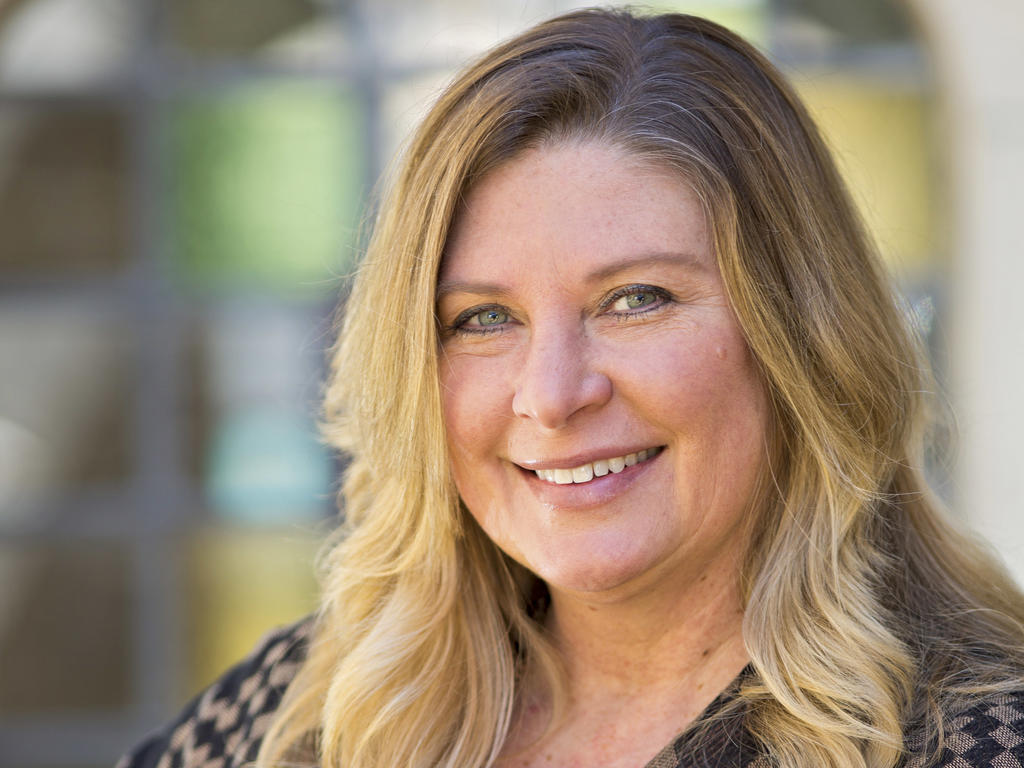When the Rhodes faculty voted overwhelmingly in April 2015 to approve an educational studies major, one member commented on social media that the college was taking its place at the table to participate in critical discussions about and suggest resolutions to issues related to urban education. At the helm of the college’s charge to offer the major was Dr. Natalie Person, chair of the psychology department and now also chair of educational studies.
“The major provides an interdisciplinary curriculum firmly grounded in the liberal arts,” says Person, who participated in a working group of campus faculty and administrators exploring the possibility of creating the major. “We looked at several models across the country. Many of the liberal arts colleges are located in rural settings, so there weren’t that many with an urban focus.”
Ultimately, the working group (Dr. Russ Wigginton ’88, Dr. Suzanne Bonefas, Dr. Elizabeth Thomas, Dr. Zachary Casey, Dr. Charles McKinney, Dr. Marcus Pohlmann and Person) agreed to partner with Shelby County Schools (SCS) to develop a program based on the needs of the Memphis community.
“We held two local public ‘listenings’ and invited teachers, principals, SCS administrators—all local stakeholders—to ask them, ‘What is the need?’ ‘Should Rhodes pursue this program?’ ’’ Person says. “We got a resounding, ‘Yes!’ ”
The program has three tracks for its majors: teaching and learning; community and social change; and policy and reform. Majors are required to work three semesters in local schools or community partner organizations to develop a broad sense of the educational system.
“This will be a very demanding program,” says Person. “To maintain academic rigor, students must double major in their discipline and in educational studies.”
In June, the college received provisional status from the state to begin a licensure program in fall 2016. Person and Casey, assistant professor of education studies, spent much of fall semester completing the 3,000-page application. Several academic departments also completed documentation to allow for licensure in their discipline. Initial licensure will be offered in mathematics, biology, chemistry, English, history, French, Spanish, German, Russian, Latin, and Chinese. Rhodes will be one of only two state higher education institutions to offer licensure in Latin.
"We will have a series of information sessions about this at the beginning of the academic year for students and faculty. We are hoping to add the elementary endorsement in either the fall or the spring," says Person.
Rhodes was the first in the state to apply for licensure under a new set of more stringent standards and will be the first program to be evaluated under those standards. A director of field placement and licensure, Dr. Kathy Evans, will join the department this summer.
“Rhodes has 14 percent of its graduates working in education, but they have been getting licensed through programs such as Teach for America and getting assigned outside of Memphis,” says Person. “This program allows us to keep more of our students in Memphis upon graduation.”
— Lynn Conlee
